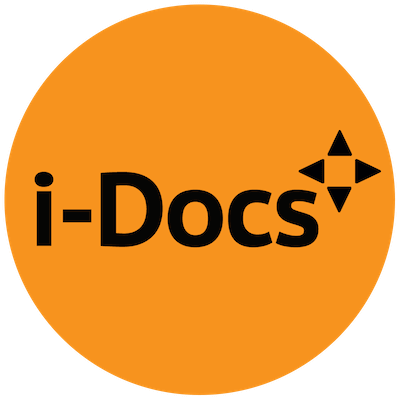
Carolyn Steele is a doctoral candidate in the Graduate Faculty of Communications and Culture, York University where she specializes in interactive interfaces and documentary film. She currently teaches courses in interactive media.
Session Title: A Stitch in Time: Interactivity and Ethical Activism
Our proposal takes place at the nexus of feminist activism, participation and ethics. Developing a project executed in augmented reality conceived of as an art gallery installation, we reanimate the voices of second wave feminists bringing them into a creative contemporary collaborative conversation. Underlying the project is a desire to bridge the historical/ideological period known as second-wave feminism, joining it to ideas/issues concerning women today. Our method reinvigorates feminist documentary practices embedded in super-8 film and video production through interactive documentary. As a meditation on the creative tension between politics and history and an invitation to engage in epistemological self-examination, our project must address pressing questions rooted in the above-name triad of considerations.
The piece itself is grounded in the act of quilting. Fracturing images from second-wave feminist documentary film, we capture women’s ideas, making them available for reflection and reconfiguration by audiences today. Employing augmented reality, we invite participants not merely to consume the documentary visually but to engage bodily in creating a new documentary fabric, reconstructing fragments from the past with ideas of their own, thus crafting an augmented reality ‘quilt’. This gesture towards the collective practices of women’s creativity and collectivity effectively transforms the role and position of the ‘onlooker’, inviting an ideological and ontological shift from object to subject.
The project demands that we think through ethical implications of our invitation to engagement with (our) feminist agenda. We ask: What ethical considerations are bound up in the dynamic act of participation/interaction, taking place both within and around our i-doc project? What are the ethical considerations in inviting and using participant responses as a component of activism? How might we mobilize a strategy that avoids the pitfalls of essentialism, a critique that continues to dog second-wave feminism?
